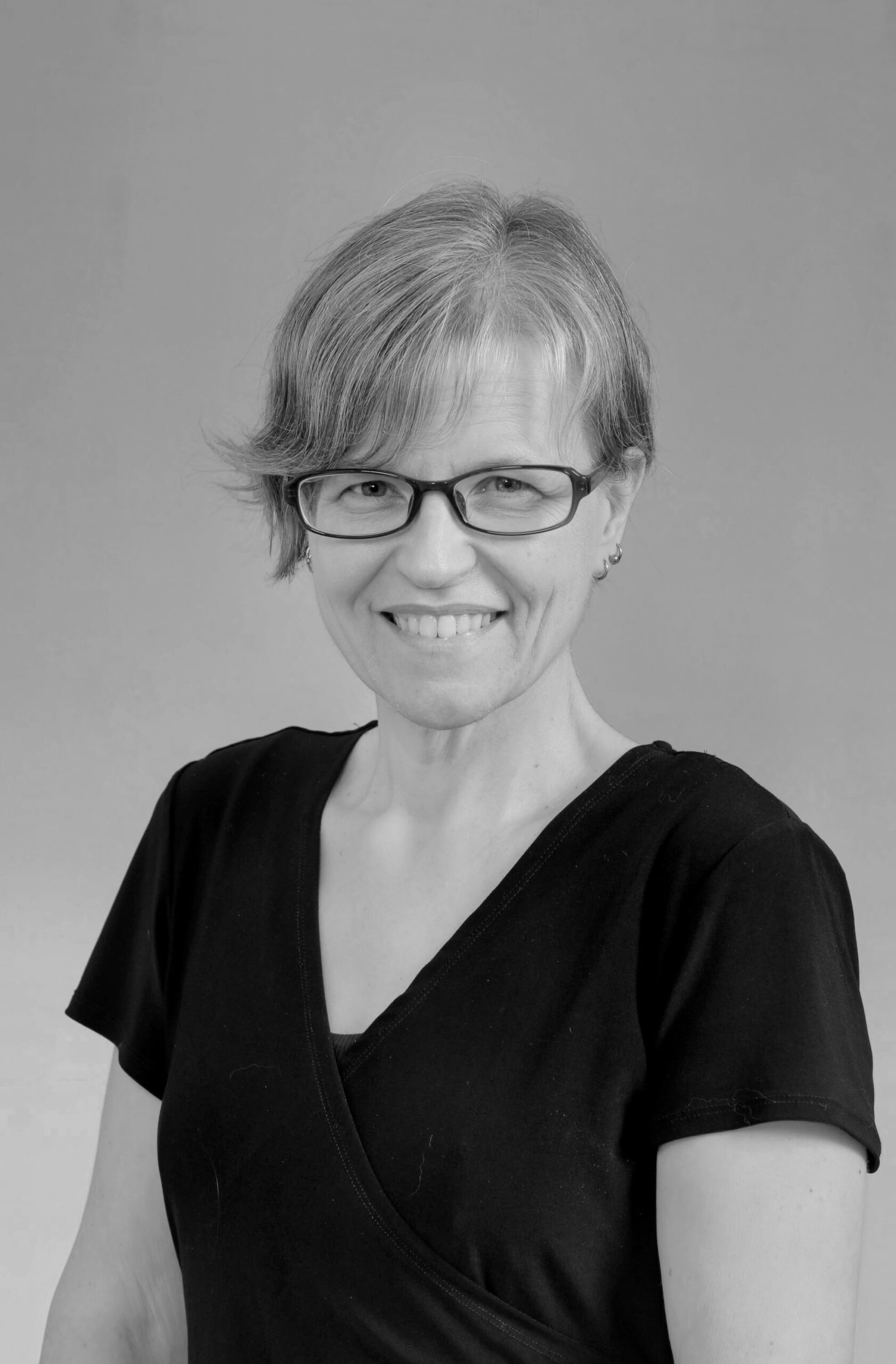I wrote this article for a newsletter for researchers in Japan. My name is Shaney Crawford and I am a Canadian woman who has lived in Fukushima Prefecture for five years and Ibaraki Prefecture for eight years. As a foreign resident of Japan, I am often asked to describe the...
Continue reading...Japan
What is Internationalization?
国際化とは? 私は、日本に約10年暮らしています。その間、福島県の旧田島町(現南会津町)で英語の教員として、会津若松市で市の国際交流協会のスタッフとして、そして、現在は、筑波大学大学院生を経て、茨城県つくば市の研究機関で翻訳者として、実に様々な体験をしてきました。数人の外国人が暮らす田島町から、約7000人もが暮らすつくば市まで、それぞれに異なった環境で過ごした経験から、日本が国際化するにあたって直面する課題について、より広い意味でとらえられるようになりました。 人は生活の中で常に「判断」をしています。物事を理解するためには、自分の経験や教育をもとに、好きかどうか、見たことがあるか、安全かどうかなど、いくつもの判断をしなければなりません。これは、人についても同じです。誰かに出会った瞬間、私たちは、いい人か、怠惰な人か、友達になれそうかなど、自分の価値観で分類しようとします。ですから、異なる文化が出会ったときに問題が生じるのは何も不思議なことではありません。ある文化の中で育てば、ある一連の経験をし、それをもとに判断するようになるのです。 英語には、「give someone the benefit of the doubt」という表現があります。直訳すると「疑わしきは罰せず」ですが、何らかの結論に飛びつく前に、その判断に疑いの余地を残してみようということです。状況や人について、間違った解釈をしていないだろうか、あるいは、別の解釈の道はないだろうか。もしそうであれば、自分の判断に疑いの余地を与え、自分が思うより、その人が良心的である、あるいは少なくとも自分が考えたものと違った意図を持っていたのだと仮定してみるのです。実はこのことは、相手が外国人の場合に限らず、日本人の場合にこそ、より効果的でもあります。他人が自分と同じように考え、行動するとは限らないということを常に念頭において、判断する必要があるのです。 真の国際化とは、日本の文化を外国人に紹介するだけではなく、自分自身について知り、人種、信条に関わらず、他人を思いやり、尊敬することから始まります。ですから、次に人と会うときには、単に自分の文化に基づく判断を下す前に、立ち止まり、見た目から受ける印象にとらわれず、より国際的な視点から判断してみてはいかがでしょうか。 上記文章のオリジナル原稿は、以下のウェブページで閲覧できます。 The Internationalization of Japan: Going Beyond Ikebana and Tea Ceremony How To Succeed In Japan
Continue reading...The Internationalization of Japan: Going Beyond Ikebana and Tea Ceremony
Life is about making judgments. In order to fit things into our internal schema, and thus come to an understanding of the world around us, we have to make thousands of judgments based on our past experiences and education. We look at an object and immediately start to make judgments...
Continue reading...How To Succeed In Japan
Article written for the Ibaraki International Association Over the ten years that I have been in Japan, I have lived in three very different places: Tajima-machi and Aizu Wakamatsu-shi in Fukushima Prefecture and Tsukuba-shi in Ibaraki. Tajima is a small, rural town with a population of about 14,000. (It is...
Continue reading...Glossary of Terms for Studying Aizu Wakamatsu's History
Aizu 会津 original meaning – two gods met (会) by a river (津) in Aizu Takada Aizu Clan 会津藩 Katamori Matsudaira (松平容保) [1834-1893] was the lord (daimyo – 大名) of the Aizu Clan they were opposed to the Meiji Restoration and fought against the emperor’s forces in the Boshin Civil...
Continue reading...Interactive Tour of Tsurugajo
Aizu Wakamatsu’s Famous Castle [1384-, 1590-, 1639-1874, 1965-present] These are the notes that I would use to tell the story of Tsurugajo when I did a tour of the castle. The questions were used to make the tour more of an interactive activity than a lecture. This castle was originally...
Continue reading...Interactive Tour of Iimoriyama
Learn about the history of Aizu through a role-playing game. Instructions Explain the idea. (We will give each of you a character. You will be asked to respond to a question in character. Think carefully about what your character might do in such a situation.) Hand out roles using nametags...
Continue reading...Story of the Byakkotai
BACKGROUND Edo period – shogunate rule (local lords, no central government) Bushido – samurai were not busy with war, since Edo era was a 200 year era of peace Tokugawa (shogun) was in power, many people didn’t even realize that there was an emperor Meiji Restoration – give emperor real...
Continue reading...Tajima Restaurant Reviews
Tajima-machi is a wee town nestled in the mountains of Aizu (Fukushima, Japan). It is the largest town in Minami Aizu (south Aizu), and boasts a population of 14,000. As the focal point of Minami Aizu, Tajima is graced with all of the modern conveniences, including a Lion Do, a...
Continue reading...Leaving Home
This article was written for a newsletter in Aizu Wakamatsu, Fukushima, Japan. The series is called “Leaving Home” (Furusato o hanare). I was born in Dunnville, Ontario on the north shore of Lake Erie. When I was quite young, my family moved to Toronto. When I was six, we moved...
Continue reading...
